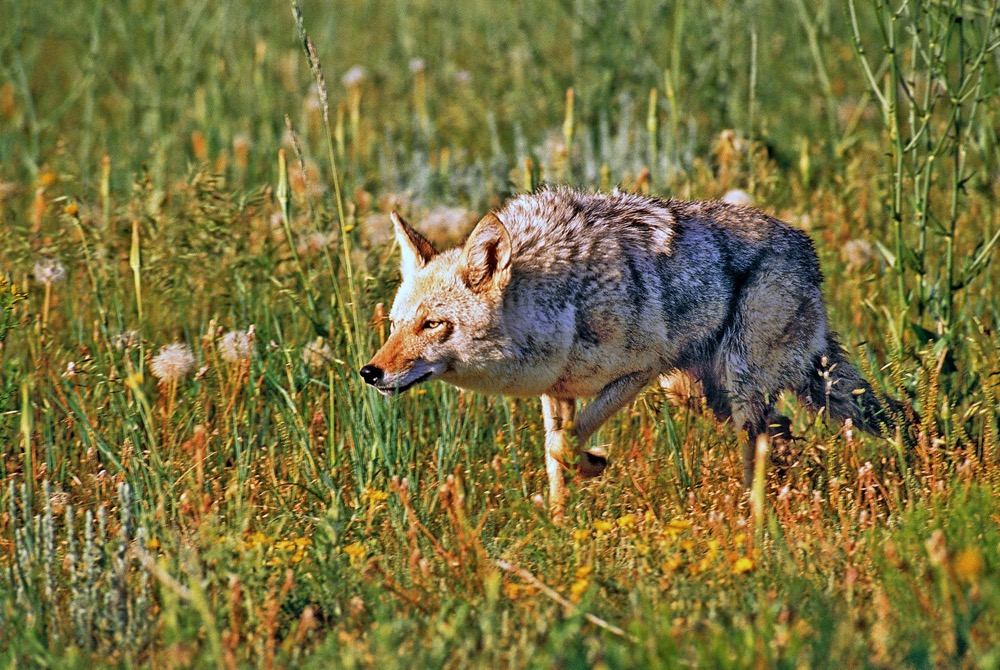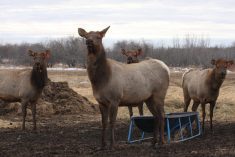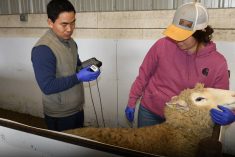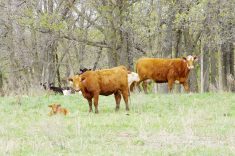There’s a new parasite in Alberta being spread by coyotes, but there is no reason to be overly alarmed, says an infectious diseases expert.

“We’re definitely not trying to encourage wholesale panic,” said Stan Houston, a professor at the University of Alberta’s School of Public Health.
The parasite, introduced from Europe, is a potentially lethal tapeworm and can infect humans through the feces of coyotes and dogs, and can also be spread through rodents.
The rare parasite is called Echinococcus multilocularis, and five cases have been found in Alberta so far, with the most recent one in Calgary last month.
“Unless it can be caught at a time when you can chop it all out, we can’t cure it with drugs,” said Houston.
Anyone who catches the parasite will have to be on medication for the rest of their life and it’s hard to get the required drug in Canada.
Read Also
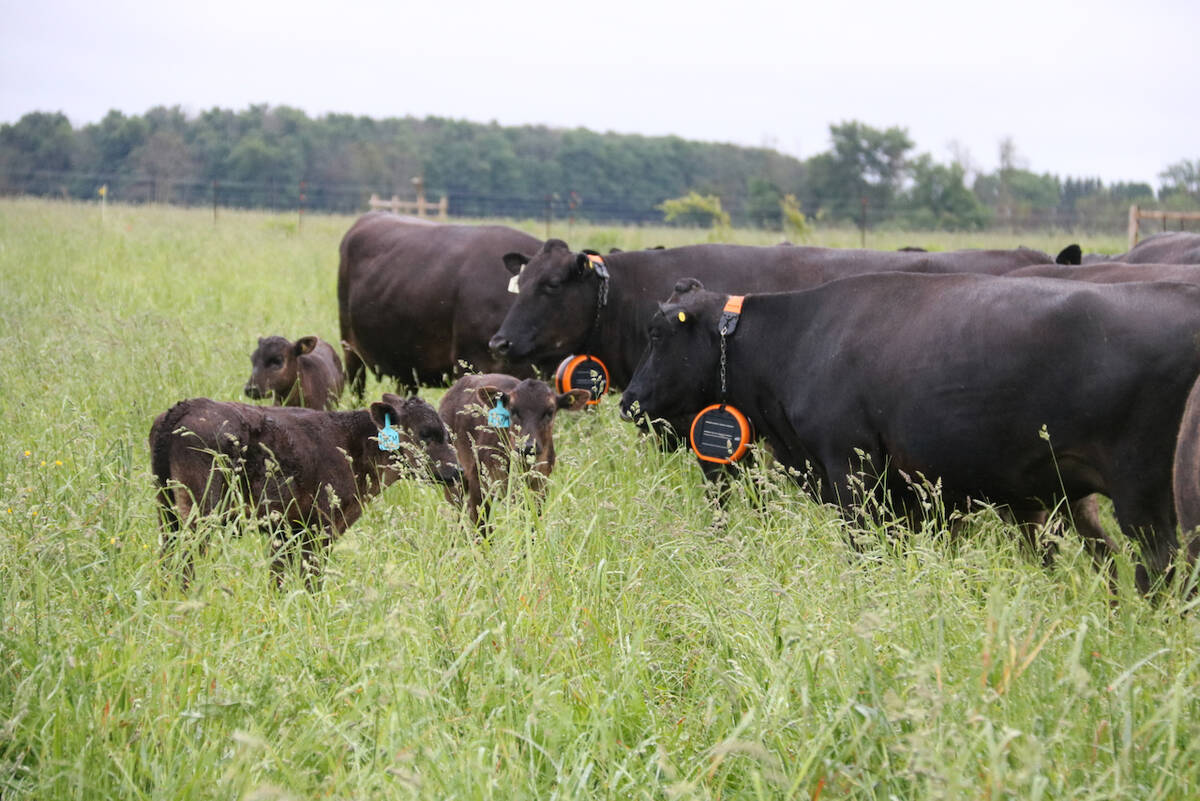
How soil fertility management can boost pasture yield by 43 per cent
Learn how soil testing and targeted fertilization can increase pasture biomass by 43%. Expert tips on N, P, and K management for beef cattle producers.
Dogs can have large numbers of the tapeworm without any major health effects, and show no clinical signs of the illness. When the dog defecates, a rodent can consume the eggs and then the life cycle continues.
In humans, the tapeworm can cause a growth on the liver, and then spread to other parts of the body. The condition, which appears to be slow moving, can also cause sudden weight loss.
Because the disease is so rare in Canada, it’s hard to know that people have caught it.
“A couple of (cases) have been picked up by accident, so to speak,” said Houston, who is collaborating with veterinary colleagues on the issue. “They were getting an ultrasound for some other problem, and the radiologist saw the abnormality in the liver.”
Producers who have farm dogs or hunting dogs that eat rodents can prevent the disease by deworming their dogs regularly.
“I’m not going to practise veterinary medicine without a licence, but I think that the usual deworming is just for roundworms,” he said.
It’s a good idea to make sure that dogs are dewormed for both roundworms and tapeworms, he added.
“The level of awareness is still pretty low among vets,” he said, so dog owners should ask for an agent for tapeworms.
People can also reduce their risk by washing their hands after handling dogs, and washing raw produce from gardens where coyotes and foxes roam.
The first case of Echinococcus multilocularis was found in Alberta about four years ago.
“This is a very recent thing,” said Houston. “My clever veterinary colleagues at the University of Calgary, they actually recognized the presence of this parasite before we ever found a case in humans.”


